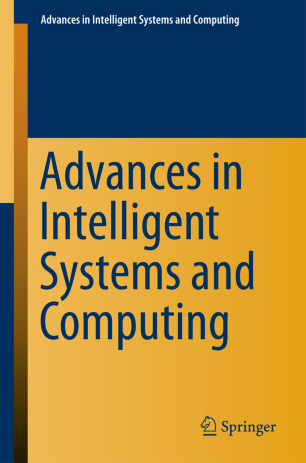
MEC Intelligence Driven Electro-Mobility Management for Battery Switch Service
Publication Year: 2021
Author(s): Cao Y, Zhang X, Zhou B, Duan X, Tian D, Dai X
Abstract:
As a key enabler in the green transport system, the popularity of Electric Vehicles (EV) has attracted attention from academia and industrial communities. However, the driving range of EVs is inevitably affected by the insufficient battery volume, as such EV drivers may experience trip discomfort due to a long battery charging time (under traditional plug-in charging service). One feasible alternative to accelerate the service time to feed electricity is the battery switch technology, by cycling switchable (fully-recharged) batteries at Battery Switch Stations (BSSs) to replace the depleted batteries from incoming EVs. Along with recent advance of vehicle cooperation through emerging Information Communication Technology (ICT), in this paper the authors propose a Mobile Edge Computing (MEC) driven architecture to gear the intelligent battery switch service management for EVs. Here, the decision making on where to switch battery is operated by EVs in a distributed manner. Besides, the Vehicle-to-Vehicle (V2V) communication in line with public transportation bus system is applied to operate flexible information exchange between EVs and BSSs. Dedicated MEC functions are positioned for bus system to efficiently disseminate BSSs status and aggregate EVs' reservations, concerning the massive signalling exchange cost. The Global Controller (GC) is positioned as cloud server to gather BSSs (service providers) status and EVs' reservations (clients), and predict the service availability of BSS (e.g., whether/when a battery can be switched). The authors conduct performance evaluation to show the advantage of MEC system in terms of reduction of communication cost, and BSS service management scheme regarding reduction of service waiting time (e.g., how long to wait for battery switch) and increase of service satisfaction rate (e.g., how many batteries to switch for EVs).
Source of Publication: IEEE Transactions on Intelligent Transportation Systems
Vol/Issue: 22(7): 4016-4029p.
DOI No.: 10.1109/TITS.2020.3004117
Publisher/Organisation: Institute of Electrical and Electronics Engineers (IEEE)
Rights: Institute of Electrical and Electronics Engineers (IEEE)
URL:
https://ieeexplore.ieee.org/document/9142422
Theme: Research and Development | Subtheme: Software components/ICT
Related Documents
Reports
ICT for Electric Mobility II
Published Year: 2014
Abstract:
Information and communication technologies (ICT) are central to the future competitiveness of... Read More
Research Papers/Articles

Stakeholder Motivation Analysis for Smart and Green Charging for Electric Mobility
Published Year: 2020
Abstract:
This paper presents a stakeholder motivation analysis for smart and green charging for E-Mobil... Read More
Research Papers/Articles
Abstract:
The automotive industry is undergoing huge changes. Vehicles become connected and autono... Read More



